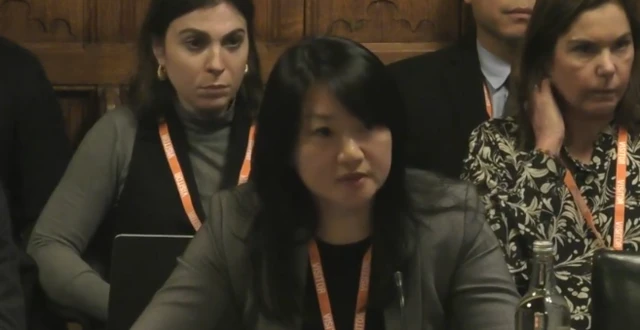MP accuses Temu of encouraging factories to use cotton from Chinapublished at 16:32 GMT 7 January
Conservative MP John Cooper highlights a report which he says alleged that managers at factories claimed Temu was encouraging them to continue using cotton from China.
Senior legal counsel at Temu, Stephen Heary, says he cannot comment on those specific claims but states that the company takes labour practices very seriously.
